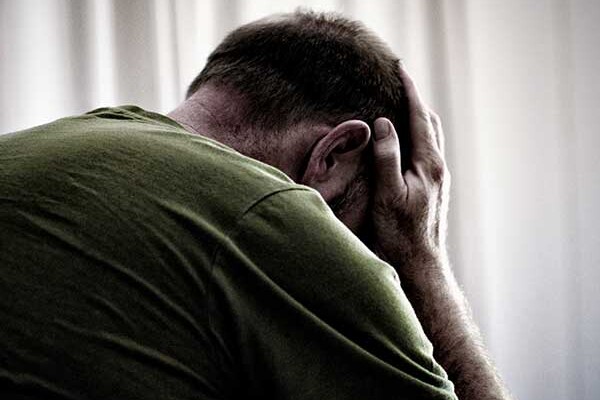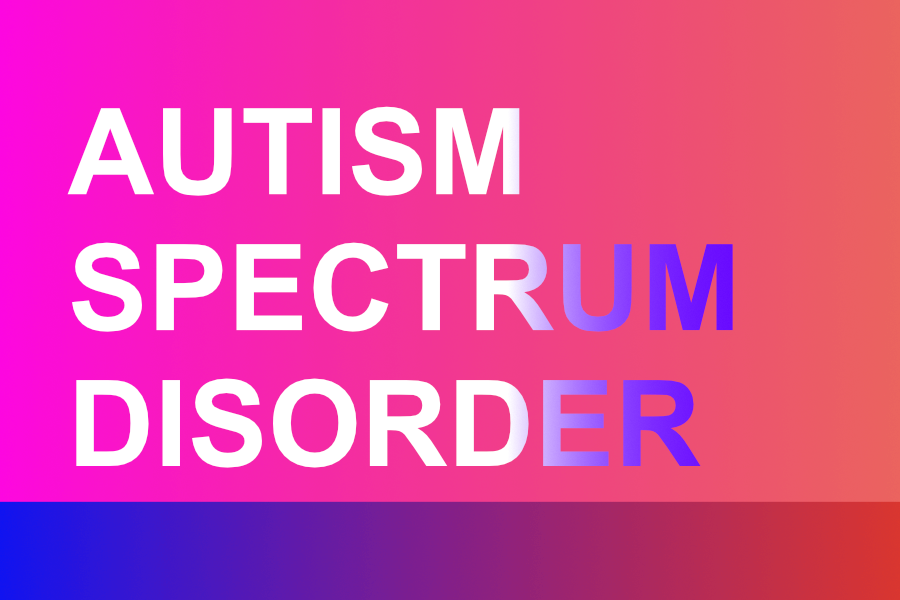Learn about Anorexia nervosa
What are anorexia nervosa?
Anorexia nervosa involves a reduced food intake, below a person’s medical needs. Their mind will be very focused on eating habits to change their body’s size and shape. You might feel the need to have a very specific or “perfect”, body type. They might perceive their body type as being different, larger or less attractive than it is objectively (known as body dysmorphia). The idea of eating or potential weight gain may cause a lot of distress and anxiety or think it makes them ugly or not good enough. This will cause them to be very restrictive in their food intake, counting calories or exercising too much.
What causes anorexia nervosa?
There are many reasons why this disorder develops but they are often around control and “fixing ourselves”. You may have developed an unrealistic view of what people should look like and feel a need to make yourself better. The person may feel that there is something unacceptable about them and they need to change it. Since weight, size and shape are partly under our control this can be a way to feel that they are fixing themself.
This means that these issues are connected to low self-esteem. The person may have had negative life experiences like abuse, neglect, bullying, etc that make them think they need to “correct” something about themselves. It can also be caused by perfectionism or competitiveness. One recent trend has been for people to compare themselves to other people they see on social media. They compare themselves to these “best bits” of others or digitally enhanced photos. This leads them to worry that there is something wrong with them or their life. Managing appearance through size and shape may be a maladaptive way to manage these feelings. We can fail to see the context around these and make negative social comparisons. These issues can result in a fixation on improving themselves through managing our shape and size.
Treatment for anorexia nervosa
Treatment for anorexia nervosa is highly specialised to the persons needs but is based on the CBT– Enhanced model. We work together to get an understanding of the eating issue, what the person is trying to correct or any inaccurate assumptions about themselves or eating (for example, how many calories a body actually needs). This can be intense and takes time. We work on challenging “rules for living” that say a person need to do or look a certain way, we affirm the person and work on anxiety, mood and self-esteem. This can also be partly educational about the function of nutrients, etc if that helps. This can be an intense treatment and some people work with their therapist for 40 sessions but it will always be tailored to the persons needs.
Trusted & Private Therapy
Our therapy and counselling services extend to both adults and children. We can work on an individual one to one basis, with couples, families and also groups. We provide a safe space in which you can share your problems as you gain a greater understanding of them. We help you to find ways in which you can either resolve or manage these issues better.
Glossary of Conditions

Anxiety
Anxiety refers to thoughts, feelings and physical sensations of worry or feeling under threat. Feeling like you are struggling to breathe or living your day-to-day life you may benefit from therapy.

Binge Eating Disorder
Binge-eating disorder is a disorder where a person eats a large amount of food in a short space of time. They may not be hungry when doing this, often resulting in physical discomfort.

Depression
Depression is a disorder involving a prolonged period of low mood and it affects people differently. Depression is more than just feeling sad it is a prolonged change in mood.

OCD
Obsessive-compulsive disorder is characterised by recurrent persistent thoughts that cause distress until the person performs ritualised behaviour.

Panic Disorder
Panic Disorder is an anxiety disorder and it occurs when you have a surge of intense fear that strikes suddenly and repeatedly without warning.

PTSD
Post traumatic stress disorder develops after having or witnessing a traumatic experience. This could be an accident, an assault or some forms of abuse.

Anger
It is important to recognise that anger is not necessarily a mental health problem. Everyone experiences the emotion sometimes. It is often a response to mistreatment or abuse.

Generalised Anxiety Disorder
Generalized anxiety disorder, or GAD, is a mental illness. It belongs to a group of illnesses called anxiety disorders.

Anorexia Nervosa
Anorexia nervosa involves a reduced food intake, below a person’s medical needs. Their mind will be very focused on eating habits to change your bodies size and shape.

Autism Spectrum Disorders
Autism spectrum disorders (ASD) are a set of conditions that influence the way a person takes in information. People with ASD’s can experience difficulties in communication.

Borderline Personality Disorder
Those who have Borderline Personality Disorder (BPD) suffer from recurrent, uncontrollable and difficult changes in mood.

Antisocial Personality Disorder
Those who have antisocial personality disorder display impulsive, irresponsible and risk-taking behaviour.

ADHD
Attention deficit hyperactivity disorder is a neurodevelopmental disorder often first recognised in childhood but it can be lifelong.